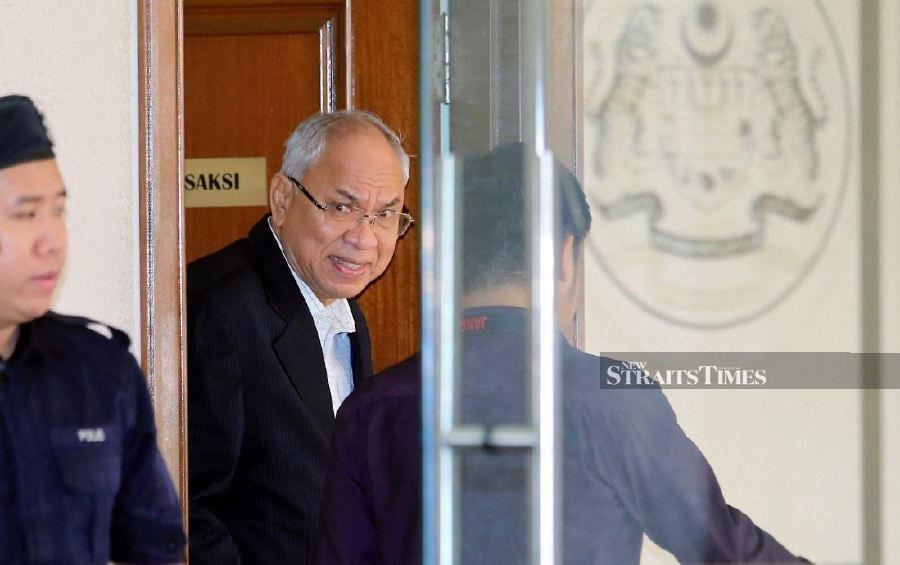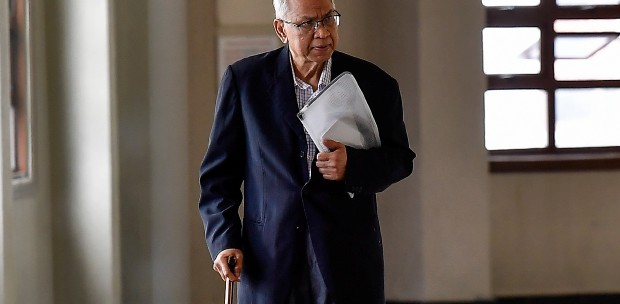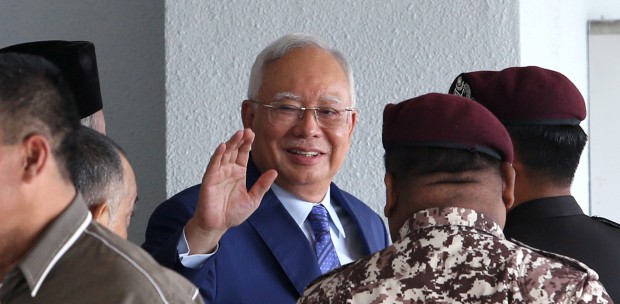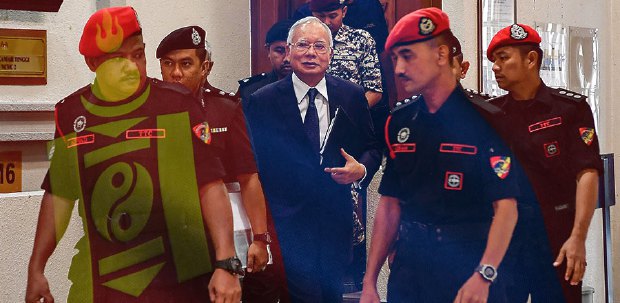KUALA LUMPUR: A former SRC International Bhd director said he felt his role in the company was no different from that of a civil servant in a government agency, the High Court heard today.
The company's non-executive director, Datuk Suboh Md Yassin, said all of the company's affairs were managed like a government department under the direction of the then Prime Minister, Datuk Seri Najib Razak.
Suboh said Najib who was also finance minister at the time had complete and absolute control over all aspects of SRC's operations, except for the board of directors.
He said this when testifying in the company's RM1.18 billion civil suit against the former Pekan member of parliament and its former chief executive Nik Faisal Ariff Kamil today.
He said the unusual aspect of the company's operations was the implementation of decisions through 'shareholder instructions,' which were communicated via shareholder minutes.
"I felt my role was similar to that of a civil servant, where we are accustomed to and expected to strictly follow all directives from higher authorities, in this case, from the then prime minister.
"If the top management required us to execute something, we were not in a position to oppose or reject the decision and were obligated to take all necessary steps to implement it.
"The crucial matters relating to financing, bank account openings, appointment of the chief executive officer, legal advisors, company secretary, establishment of subsidiaries, and formation of joint ventures were contained in the shareholder minutes issued by Najib."
He said in certain cases, shareholder minutes would be documented prior to the signing of any resolutions or directors' circulars by the board of directors, and occasionally, both the resolution and shareholder minutes would carry the same date.
He said the actual implementation of those decisions fell under the jurisdiction of Nik Faisal who was then the chief executive.
Suboh said that due to Najib's exceptional position and authority, the company's directors felt compelled to adhere to his directives as part of their fiduciary and statutory duty to act honestly and in the best interests of SRC and the nation.
Meanwhile, Suboh described the establishment of SRC as peculiar due to the company's operations being controlled either directly by Najib or through his proxy, Nik Faisal.
"The company's affairs diverged from typical private limited companies, where decisions regarding standard practices and legal matters should typically fall under the independent authority of directors.
"However, all major investments and strategic decisions required prior approval from Najib, who then served as SRC's Emeritus Advisor.
"Nik Faisal, who led the management division at the time, also acted on behalf of Najib," he said, adding that the roles and responsibilities of other directors, including his own, were marginalised, as they were obliged to adhere to Najib's directives conveyed through shareholder minutes.
SRC, under its new management, filed the suit in May 2021, claiming that Najib had committed a breach of trust and power abuse, personally benefitted from the company's funds and misappropriated the said funds.
It is also seeking a court declaration that Najib is responsible for the company's losses due to his breach of duties and trust and for Najib to pay back the RM42 million in losses that it has suffered.
Najib, 70, has been serving a jail sentence at the Kajang Prison since Aug 23, 2022, after being convicted of misappropriating RM42 million in SRC International funds.






